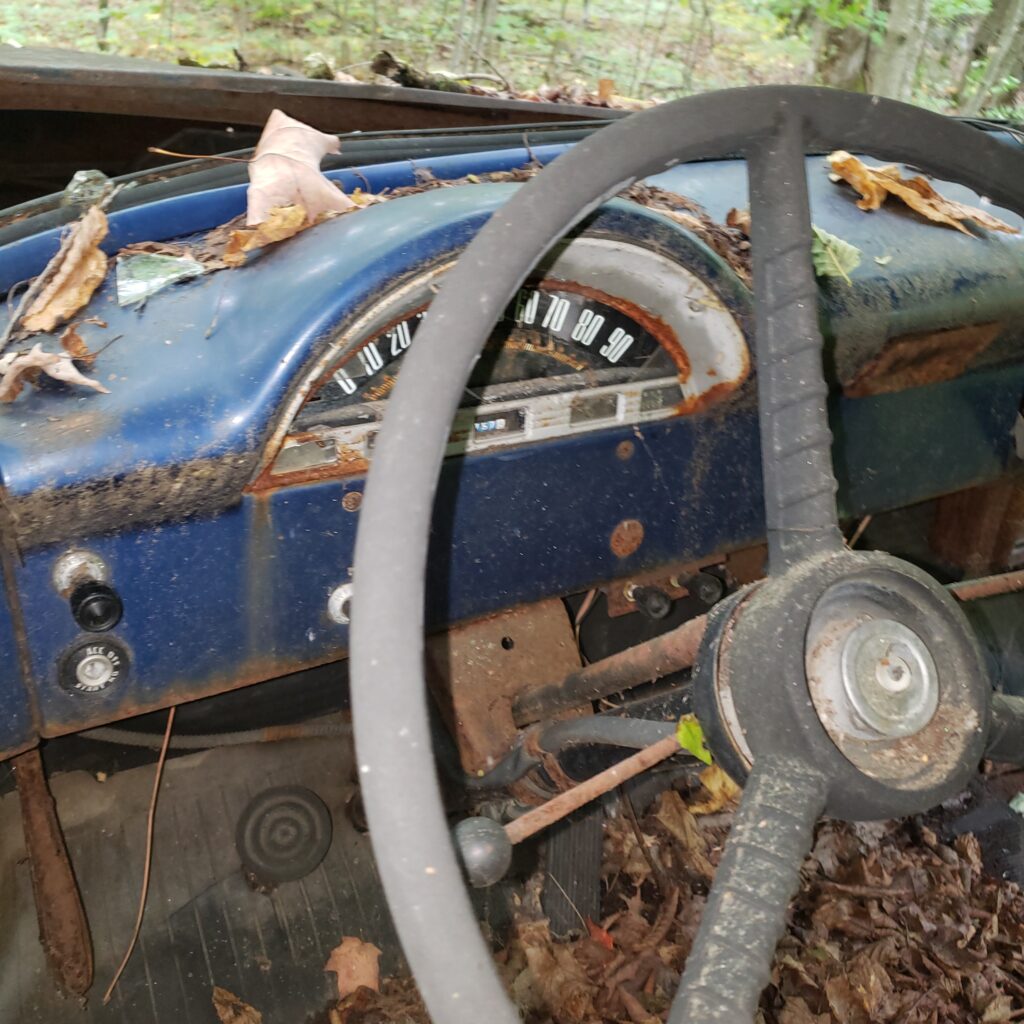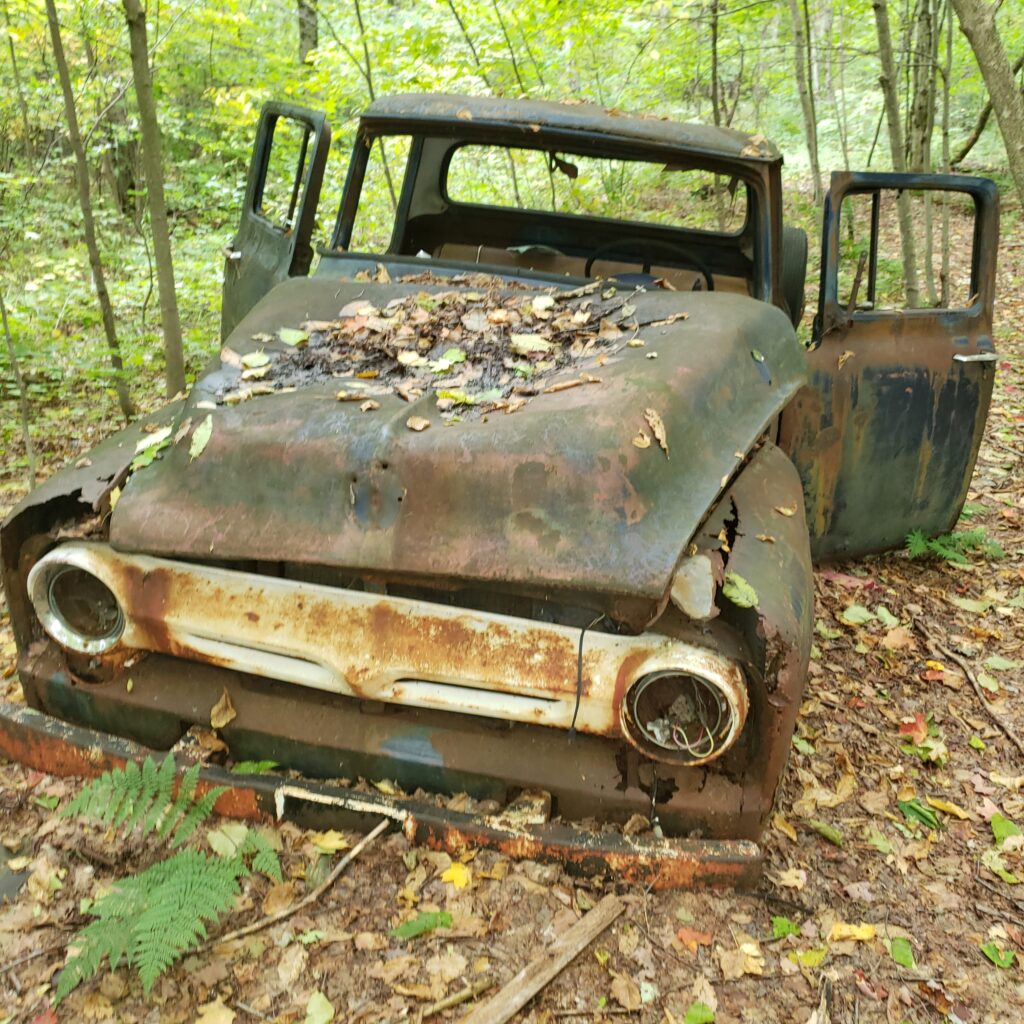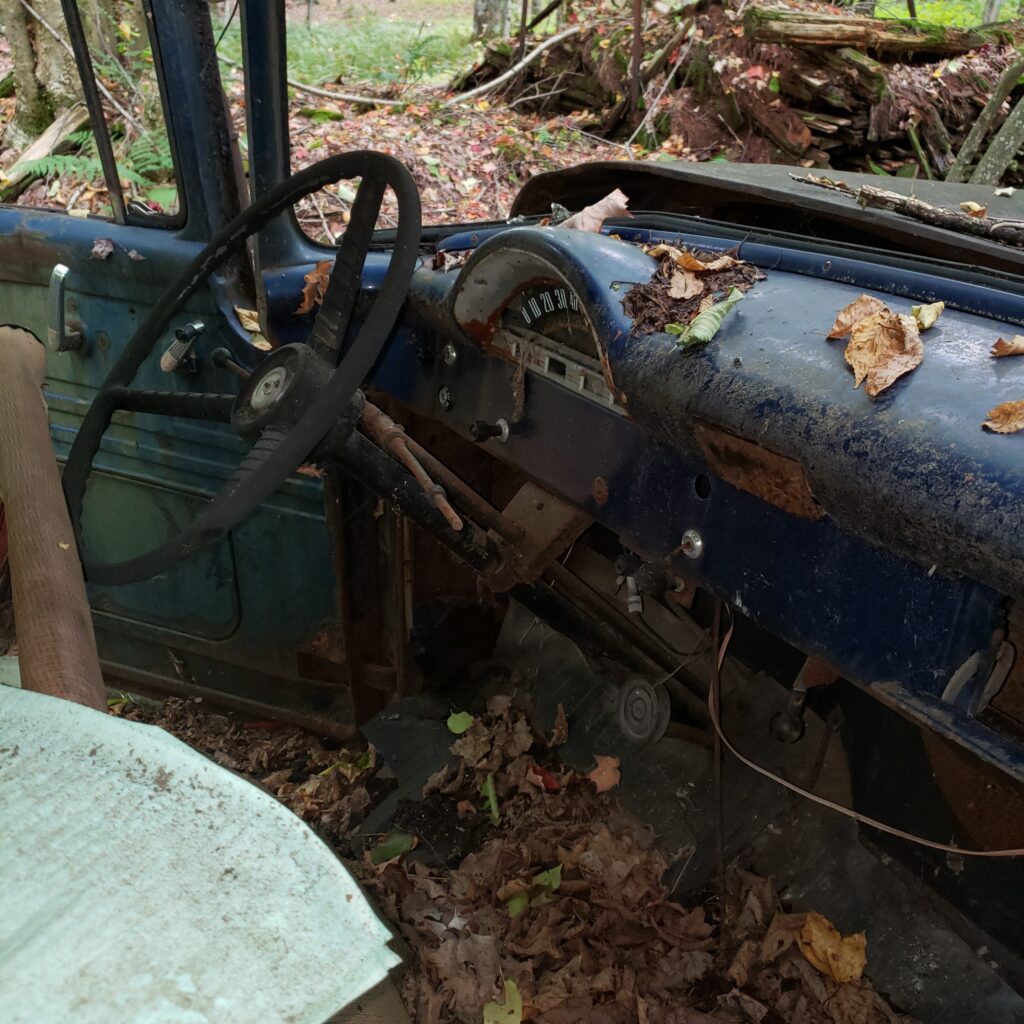
I hadn’t spoken to my father in years. Decades, really. I was 60 now, and he had just turned 80. Life had pulled us in opposite directions, and time had built walls we never bothered to tear down. Then, out of nowhere, I got a message from one of his old friends: “He’s in the hospital. It’s bad.”
He was in Regina. I was 2,500 kilometers away in another province. What does a son do in that moment? You drive. With faith, a positive mindset, and a heart full of uncertainty, I made the long journey to Saskatchewan.
Three days on the road gave me time to imagine what it might be like to reconnect. I fantasized about healing, about rest, about rediscovery. But what awaited me was not peace—it was a new chapter of despair, hurt, and disappointment.
I arrived at the hospital feeling awkward, like a stranger stepping into a time capsule. Everything had aged. I barely recognized the man lying in that bed. His face was worn, his body frail. I hugged him, unsure if it was for him or for me.
The doctors were blunt: diabetes, heart failure, and a long road ahead. He’d be staying for a few more weeks. I decided to stay too, and drive out to Mortlach—his home for the past 25 years. I’d only visited once, when he was 60.
What I found there shook me to my core.
This isn’t to embarrass my father, but to expose a truth we’re not talking about enough: elder abuse and neglect—often self-inflicted—is real, and it’s happening behind closed doors. Seniors are falling through the cracks. They are the Unseen Majority. By 2033, over 65% of our population will be over 65. Add uncontrolled immigration and strained resources, and we’re staring down a train wreck.
I placed the key into the lock, expecting warmth. Photos on the wall. A home marked by wisdom and proud memories. Instead, I was greeted by the stench of urine, rotting food, mold, and insect infestation. Filth and decay clung to every surface.
He handed me his house key and said, “Housekeeping isn’t my strongest talent.” That was an understatement

His residence was a 4,200-square-foot building in the middle of nowhere—isolated, quiet, forgotten. As I stepped through the front entrance, the first thing I saw was his Harley. It hadn’t been ridden in years. Cobwebs draped over the handlebars like curtains of time, and a thick layer of dust coated the chrome that once gleamed with pride.
The main floor was packed—wall to wall—with stuff. I couldn’t even tell you what kind. Boxes, bags, broken furniture, old tools, papers, wrappers…a chaotic collage of a life left unattended. Mold crept along the walls, garbage spilled into corners, and scattered throughout were coffee cans—not for coffee anymore, but filled with urine in various stages of decomposition. The smell was overwhelming. It clung to the air like grief.
This wasn’t just clutter. It was a cry for help. A silent testament to years of isolation, neglect, and the slow unraveling of a man who once stood tall.
Could feel my emotions begin to rise—slowly at first, then like a tide I couldn’t hold back. How was this possible? This state of existence was beyond imagination. It felt like stepping into a dream that had soured into a nightmare.
As I walked further into the building, I realized I was standing in what used to be a commercial restaurant. Once a place of gathering, laughter, and nourishment—now repurposed into something unrecognizable. A circle forced into a square situation. The space had lost its identity, its purpose. It was cluttered, confused, and hollow.
The walls echoed with silence. The tables were buried under layers of dust and forgotten objects. What was once a place of service had become a monument to isolation. And I, the son who had stayed away too long, was now walking through the ruins of a life that had quietly unraveled.
The building had a past—one that echoed faintly through the dust and silence. It was once known as The Wagon West Wheel House, a local eatery that served travelers and townsfolk alike. People used to gather here for hot meals, warm company, and the comfort of small-town connection.
Now, those same tables that once held plates and laughter were buried under piles of forgotten things. Junk, mold, and decay had replaced the scent of fresh coffee and grilled steak. On one table sat hundreds of miniature liquor bottles, some over 30 years old—half evaporated, their contents rotting in silence. Nearby, his brass collection lay scattered: horses, elephants, butterflies—all dulled and covered in dust, like memories too tired to shine.
The transformation was surreal. A place once filled with life had become a mausoleum of neglect. And I, the son who had stayed away too long, was walking through the ruins of a legacy that had quietly collapsed.
And this was just the main floor of his life.
A space once filled with purpose, now buried under years of silence and neglect. But there was more. A second level waited above—ten steps to a landing, then another five to a hallway that stretched like a long, dim corridor into the unknown. It felt like walking into a vault of untold horrors, each door a chapter sealed shut by time and pain.
The air grew heavier with each step. The walls whispered stories I wasn’t sure I wanted to hear. I wasn’t just exploring a building—I was descending into the forgotten layers of a man’s life. My father’s life. And mine, too.
The smell didn’t get any better. If anything, it grew heavier—thicker with rot, regret, and the weight of years left unattended. The insect infestation worsened with every step down the long hallway. I counted six doors. Six rooms of unexplored neglect and sadness. Each one felt like a sealed vault, hiding a story I wasn’t sure I was ready to hear.
How could I go on?
I didn’t know this place. I didn’t see this version of my father. And I wasn’t sure I knew myself anymore. The guilt and shame folded over me like a bad poker hand—one I should’ve thrown in long ago. But here I was, holding it, staring at the cards, wondering if there was still a chance to play.
Each door whispered a question: Where were you? Why now? What will you do?
And I had no answers—only the courage to keep walking.
The hallway was littered with items—things that once had good intentions, meant to find a home, a purpose. But they never made it any further. They just sat there, frozen in time. Tools, pails, an old air conditioner, bedding, clothes—all scattered like forgotten thoughts. The clutter pressed in from both sides, giving the hallway an enclosing, suffocating feeling.
I hadn’t eaten in hours. I was tired from the drive, worn thin from the emotional weight of it all. But as I approached the first room, all of that vanished. Something deeper took over—a quiet descent into a place I wasn’t sure I belonged.
This wasn’t just a hallway. It was a passage into the heart of neglect. Each step felt heavier than the last, not from fatigue, but from the realization that I was walking through the physical manifestation of years lost, love withheld, and silence unspoken

I drove my hip into the door, gripping the knob as it squeaked under pressure. Then came a sharp pop—like a balloon bursting—followed by the familiar stench of urine and rotting food. But this time, there was something more. A heaviness in the air. A presence.
Torn curtains hung halfway off the rod, held up by rusted nails. Light filtered through in fractured beams, like fog trying to find its way. In that haze, uncertainty stared back at me from the shadows.
As I stepped inside, my eyes adjusted to the dimness. Shapes began to form—dark, slumped figures on the floor. I moved closer, heart pounding. And then I saw it: a mouse, long dead, caught in a trap and left to time. Its body had surrendered to natural decomposition, a quiet testament to neglect.
This wasn’t just a room. It was a graveyard of forgotten things. And I was standing in the middle of it, trying to make sense of a life that had unraveled in silence.
Along the window ledge sat a row of avocado seeds, each pierced with toothpicks, suspended in cups of water—or what used to be water. Some were bone dry, others clouded with rot. They were experiments in hope, never nurtured, left to decay in silence.
I looked over to his desk. An old wood stove sat nearby, likely used to fight off the cold during long Saskatchewan winters. Around it, garbage was scattered—some of it clearly meant to be burned, but never was. More mice lay rotting, this time with no traps. Just lifeless bodies surrendered to time. I was confused and overwhelmed.
The top of his desk was a battlefield of neglect. Plates with half-eaten meals, forks and knives strewn like lost soldiers—never making it back to the kitchen, wherever that was. It felt like a place where time had stopped, but decay had marched on.
This wasn’t just a home. It was a monument to isolation. And I, the son who had stayed away too long, was now walking through the wreckage of a life that had quietly collapsed.
I took a seat at his desk, careful not to touch anything—not out of reverence, but because of the sheer lack of cleanliness. Dust clung to every surface like memory. The desk was cluttered with fragments of a life lived in isolation: a coin collection of assorted denominations, several magnifying glasses, and scraps of paper with numbers scrawled beside each coin—his own estimates of their worth.
His laptop sat quietly, stained with food and spilled drinks, the keyboard crusted over with time. I wondered how many hours he had spent here, alone, staring into that screen. How many days passed without a call, a message, a moment of connection? And why?
Why didn’t he reach out?
I asked the question aloud, but the room offered no answer. Just silence. Heavy, unforgiving silence.
Under the scattered papers, I noticed something black shifting slightly—just enough to catch my eye. I moved the clutter aside and uncovered a small hand pellet gun, tucked beneath the mess like a forgotten secret. It wasn’t hidden with intent, just buried by time and neglect.
I picked it up, examined it briefly, then laid it back on the desk without much thought. Not out of fear, not even out of respect—just numbness. It was one more artifact in a house full of unanswered questions. One more symbol of a life lived in isolation, where even the tools of defense had long since lost their purpose.
I sat there, staring at it, wondering how many hours he spent at this desk. How many thoughts passed through his mind? And why, in all that time, did he never reach out?


